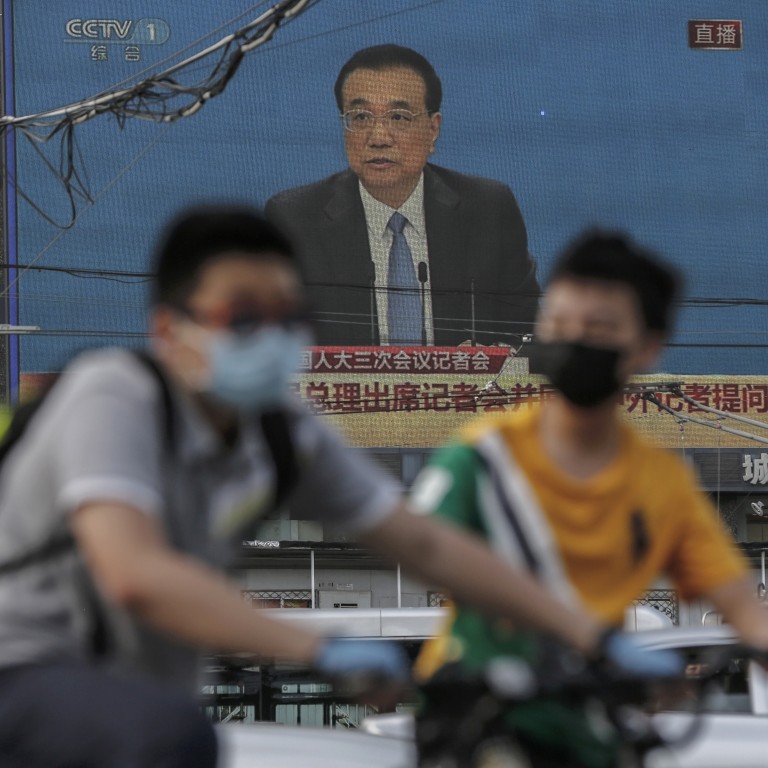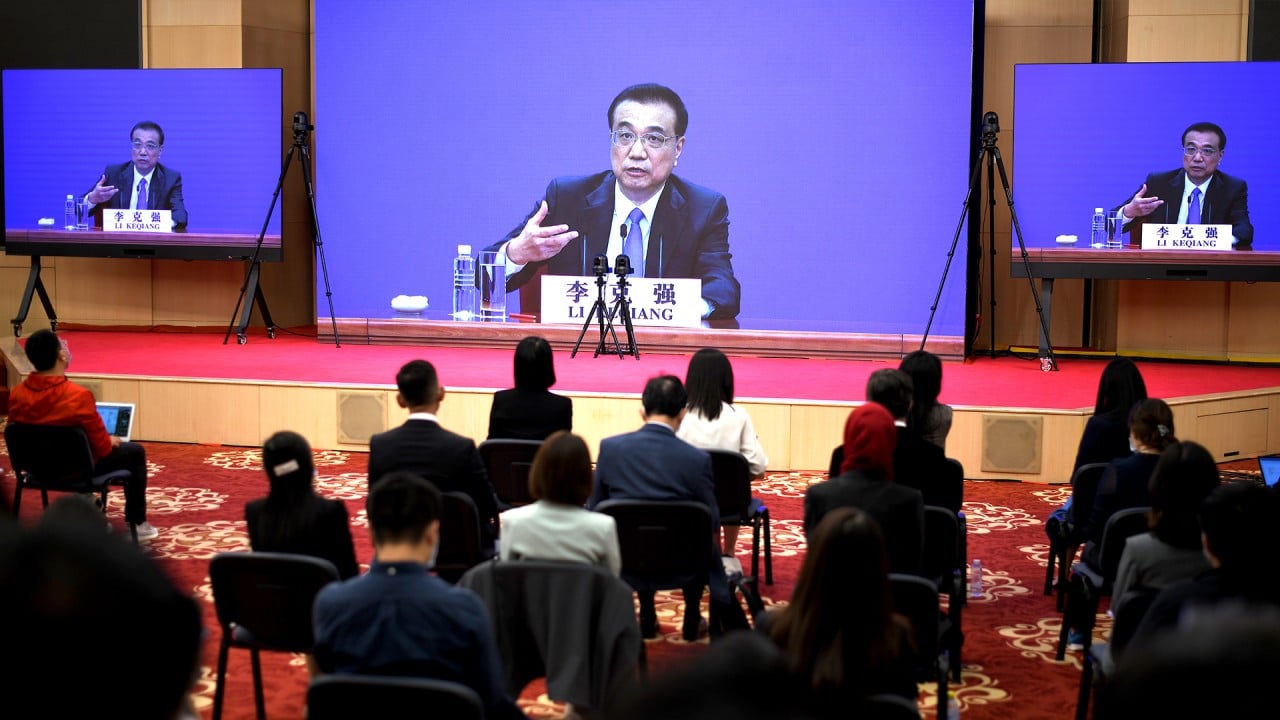
China’s coronavirus stimulus is geared towards economic survival, but no more
- At the close of the NPC annual meeting, Premier Li Keqiang made it clear that China will defy market hopes for large-scale stimulus in favour of targeted support to help the economy ‘survive’. China is right not to set a growth target to focus on job creation and long-term investment instead
The press conference that follows the closing session of the National People’s Congress every year is show time for the Chinese premier. Unlike his predecessor, Wen Jiabao, who had a penchant for classical Chinese poetry, Li Keqiang favours a simple, unadorned style. But I believe that many were impressed by Li’s press conference wrapping up the NPC meeting on May 28, when he took a question about China’s policy orientation.
So what will China do? It is “providing water so that the fish can survive”, or making an extraordinary effort to provide fiscal and monetary support, and buy the economy and markets more time to recover from the impact of the coronavirus. However, the government will also carefully calibrate its response to ensure that liquidity injections do not create a new asset price bubble, which means that the support will be targeted.

05:11
Chinese Premier Li Keqiang on pandemic, China-US tensions and Hong Kong
To a certain extent, it is hairsplitting to define the conflict between the US and China as a new cold war. What is more important is that the seemingly endless tensions between the two superpowers have already changed the geopolitical and economic landscape, and will continue to do so.
How Covid-19 will push developing nations to delink economies from China
As such, it makes sense for Beijing to remain vigilant, keep some ammunition in reserve, and prepare for the worst, instead of playing all its cards in one round.
In other words, 30 per cent of them did not secure jobs after Lunar New Year. While the situation should have improved as the economy gradually recovered in the past few months, the scar left on the job market is unlikely to heal for a while, raising concerns that low-income families might face more difficulties in daily life. The burden of responsibility on Li is heavy.
China must act fast to avert the disaster of mass unemployment
In fact, China has many strategic investment projects in the pipeline for the long term. A “new infrastructure” campaign has been launched to help improve the country’s global standing.
There is little doubt that China's push for a technological upgrade would not be good news to the US. While a full-blown trade war is unlikely as long as the phase-one deal is in place, fragile relations with the US will weigh on China's medium-term economic prospects.
All told, it makes sense for China to maintain a low growth forecast, and Li has set a very simple target. At the press conference, he said the country would still strive to achieve “positive and solid growth this year”.
Hao Zhou is senior emerging markets economist at Commerzbank

